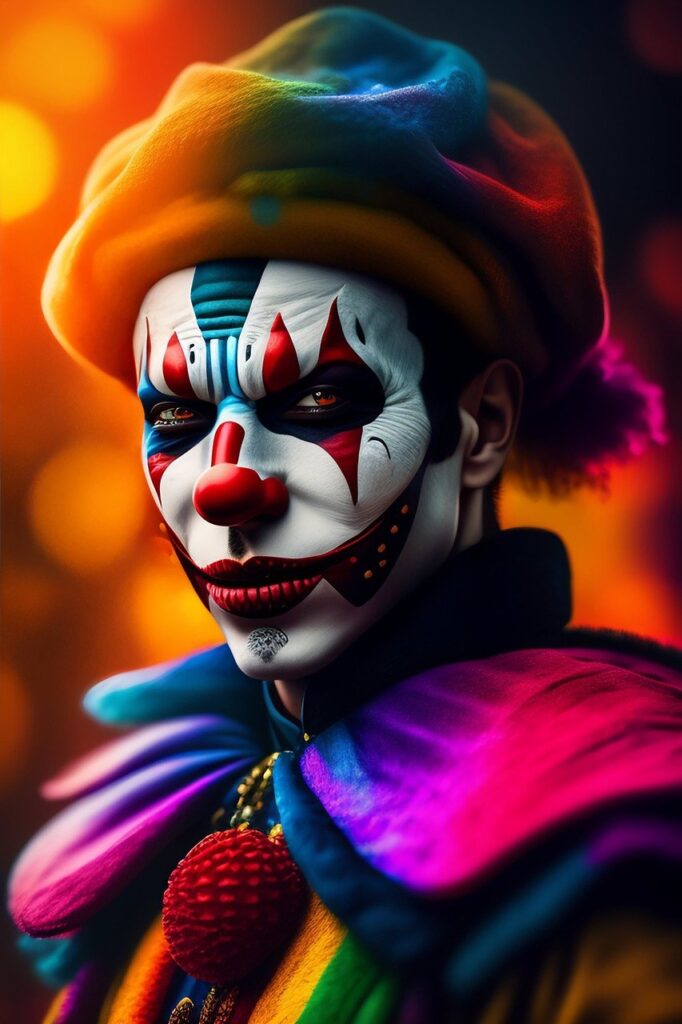The rapid advancement of artificial intelligence (AI) has ignited discussions across various fields, including photography. As AI technology grows more sophisticated, one wonders: Could AI eventually render traditional cameras obsolete by generating images that are so lifelike and compelling that the physical act of taking a photograph becomes unnecessary? Let’s delve into this intriguing topic by exploring AI’s capabilities, the core essence of photography, and the future of visual art.
Unpacking AI’s Abilities in Image Generation
AI has made remarkable progress in the realm of image creation. Technologies such as Generative Adversarial Networks (GANs) can now produce hyper-realistic images from scratch. These AI-generated visuals can imitate the appearance of photographs so convincingly that distinguishing them from real images can be incredibly challenging.
For instance, AI can create:

The Essence of Photography: Beyond Mere Imagery
While AI’s ability to generate images is impressive, photography encompasses more than just creating a visual representation. The true essence of photography lies in the human experience—capturing a moment, an emotion, or a perspective that resonates with both the photographer and the audience.
Photography involves:
The Role of AI in the Future of Photography
Given AI’s capabilities and the essence of photography, it’s evident that AI cannot fully replace a camera or the human experience behind it. However, AI is poised to play an increasingly significant role in the future of image creation, serving as a powerful tool that complements and enhances traditional photography rather than replacing it.
Here’s how AI might influence the future:
Conclusion: Towards a Collaborative Future
AI is unlikely to replace the camera, but it will undoubtedly transform how we think about and engage with photography. The future of photography will likely involve a symbiotic relationship between human creativity and AI’s technological capabilities. Photographers will continue using cameras to capture the world around them while also leveraging AI tools to enhance their creative processes and unlock new possibilities for visual storytelling.
In this evolving landscape, the question isn’t whether AI will replace the camera but how we can harness AI to augment our ability to capture and create images that resonate with the human experience. As AI and photography continue to evolve together, the potential for innovation and artistic expression is limitless.
For more tips and insights, visit my blog at Life by Lens.
